US moves to redesignate Houthis as terrorist group
- Update Time : Friday, January 24, 2025
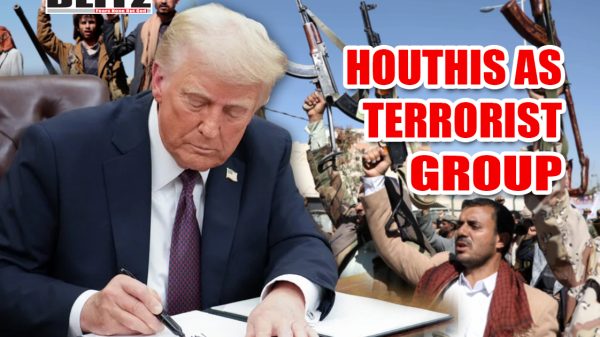
In a significant shift in US foreign policy, former President Donald Trump has initiated a process to reclassify Yemen’s Iran-backed Houthi rebels, also known as Ansar Allah, as a terrorist organization. This decision comes in response to heightened regional tensions and recent Houthi military actions that have drawn widespread international condemnation.
The Ansar Allah movement has been a dominant force in Yemen since the mid-2010s, controlling large swaths of the country, including the capital, Sanaa. Their rise to power has been closely tied to Yemen’s ongoing civil war, a conflict that has devastated the nation and caused one of the world’s worst humanitarian crises. The Houthis’ alignment with Iran has added a broader geopolitical dimension to the conflict, as Tehran’s support for the group has further fueled tensions with Saudi Arabia and its allies.
During Trump’s first term in office, the Houthis were officially designated as a terrorist organization in January 2021. However, the Biden administration reversed this decision a month later, citing concerns about the potential humanitarian impact on Yemen’s civilian population. At the time, the Biden administration’s move was intended to facilitate the delivery of much-needed food and medical aid to millions of Yemenis affected by years of war.
The latest push to redesignate the Houthis as a terrorist organization is driven by a series of aggressive actions attributed to the group. These include attacks on merchant vessels, missile strikes targeting civilian infrastructure in partner nations, and threats to global maritime trade.
An executive order signed by Trump on January 22 outlines the steps involved in this redesignation:
- The Secretary of State is directed to recommend the reclassification of Ansar Allah as a Foreign Terrorist Organization (FTO) within 30 days.
- The policy aims to eliminate the Houthis’ operational capabilities, deprive them of resources, and deter further attacks on US personnel, regional allies, and maritime shipping in the Red Sea.
- USAID and the State Department are instructed to review partnerships with entities operating in Yemen to ensure compliance with the new policy.
- Organizations found to have made payments to the Houthis or opposed international efforts to counter their actions will face potential termination of their relationships with the US government.
The executive order emphasizes the security risks posed by the Houthis, stating, “Their activities threaten the safety of American personnel, the security of our closest regional partners, and the stability of global maritime trade.”
Since October 2023, the Houthis have intensified their attacks, targeting merchant vessels and firing ballistic missiles at Israel in response to the ongoing war in Gaza. These actions have provoked strong reactions from the US, the UK, and Israel, all of which have conducted coordinated airstrikes on Houthi-linked military sites in Yemen.
The escalation has drawn renewed scrutiny to the Houthis’ relationship with Iran. Tehran is widely seen as the group’s primary backer, providing financial support, weaponry, and training. The Houthis’ growing capabilities and their willingness to disrupt regional stability have further heightened concerns in Washington and among its allies.
The decision to redesignate the Houthis as a terrorist organization carries significant implications, both strategically and humanitarianly. On one hand, the designation aims to curb the group’s ability to finance its operations and sends a strong message of deterrence. On the other hand, it risks complicating efforts to deliver humanitarian aid to Yemen’s civilian population, which continues to face widespread poverty, famine, and disease.
Humanitarian organizations have voiced strong opposition to the move, warning of potential catastrophic consequences. They argue that the designation could discourage international aid agencies and private donors from operating in Yemen due to fears of legal and financial repercussions. “Restricting humanitarian access in Yemen could lead to catastrophic consequences for millions of vulnerable people,” said a senior aid official.
Amid these heightened tensions, the Houthis recently announced the release of the crew of the Bahamas-flagged cargo ship Galaxy Leader, which they had seized in November 2023. The ship’s 25 crew members-including nationals from Mexico, the Philippines, Romania, Bulgaria, and Ukraine-were detained while en route from Türkiye to India. Although their release was seen as a rare conciliatory gesture, it did little to alleviate broader concerns about the group’s actions.
The move to redesignate the Houthis comes at a time of heightened geopolitical tensions in the Middle East. The ongoing war in Gaza has further polarized regional dynamics, with the Houthis openly aligning themselves with Palestinian groups and launching attacks in solidarity. This alignment has reinforced the perception of the Houthis as an extension of Iran’s regional strategy, which seeks to challenge US and Saudi influence in the Middle East.
The US and its allies have responded with a mix of military and diplomatic measures, aiming to counter the Houthis’ activities while addressing the broader challenges posed by Iran’s influence. However, the effectiveness of these efforts remains uncertain, as the Houthis continue to demonstrate resilience and adaptability.
The decision to revisit the Houthis’ terrorist designation has sparked significant debate in Washington and beyond. Critics of the Biden administration’s 2021 decision to delist the group argue that it emboldened the Houthis, allowing them to expand their operations and escalate their attacks. “The Biden administration’s approach was well-intentioned but ultimately misguided,” said a senior foreign policy analyst. “The Houthis interpreted the delisting as a green light to act with impunity.”
Proponents of the redesignation contend that it is a necessary step to hold the Houthis accountable and protect US interests in the region. However, they also acknowledge the risks involved, particularly in terms of humanitarian access and potential retaliation from Iran and its allies.
As the US moves forward with the process of redesignating the Houthis as a terrorist organization, it faces a delicate balancing act. Policymakers must navigate the complex interplay of security concerns, humanitarian needs, and regional dynamics.
The ultimate impact of this decision will depend on its implementation and whether it is accompanied by broader diplomatic efforts to address the root causes of the conflict in Yemen. While the terrorist designation may help curb the Houthis’ activities in the short term, a lasting solution will require a comprehensive approach that addresses the political, economic, and humanitarian dimensions of the crisis.
The situation in Yemen remains precarious, with millions of lives hanging in the balance. The international community will closely monitor how the US’s renewed focus on the Houthis influences the trajectory of this long-running conflict. The redesignation may serve as a strategic signal to counter the Houthis’ destabilizing actions, but its broader implications for Middle East stability and Yemen’s humanitarian crisis will require careful consideration and sustained international engagement.


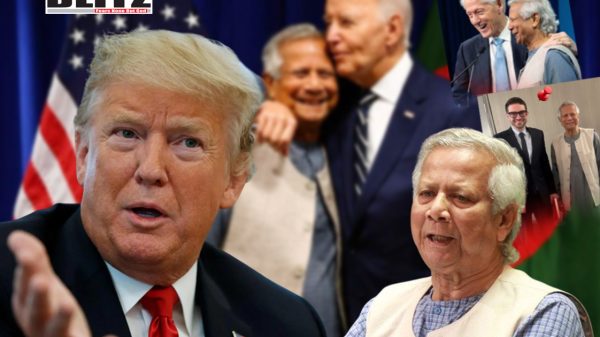
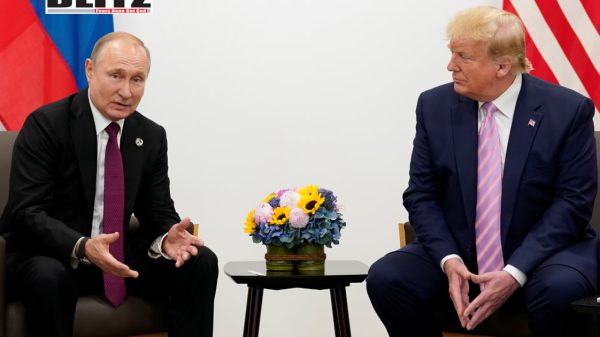
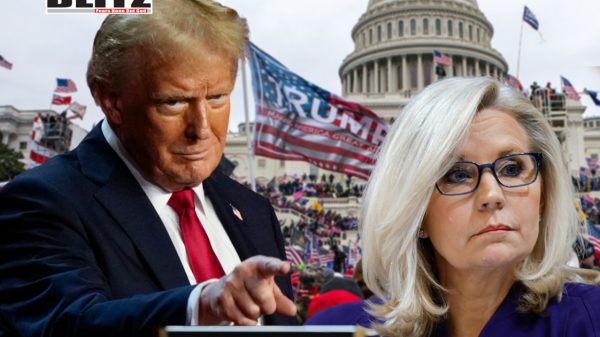
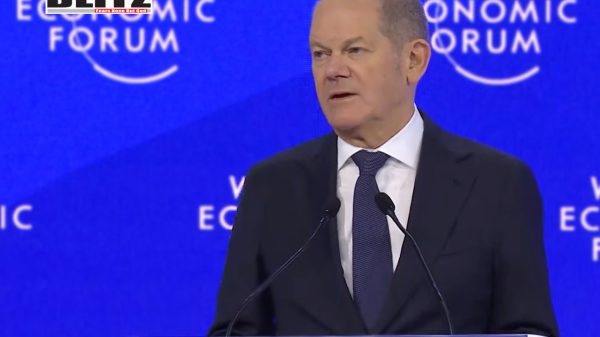


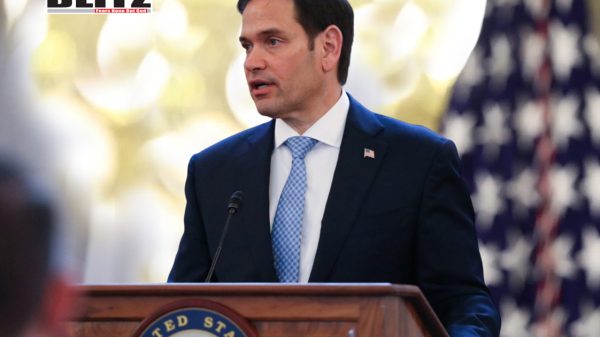
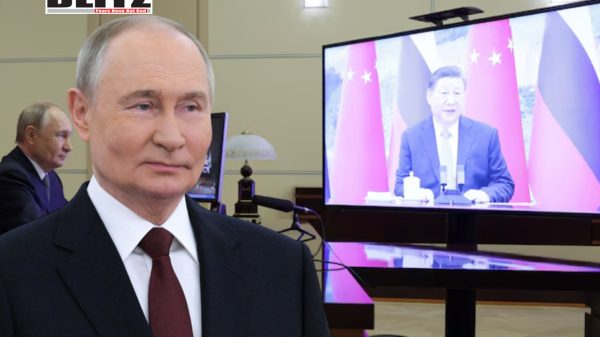
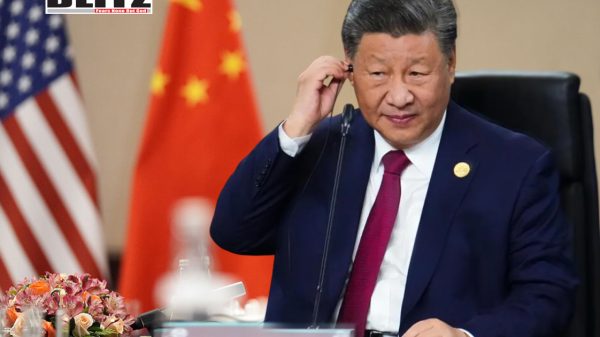



Leave a Reply